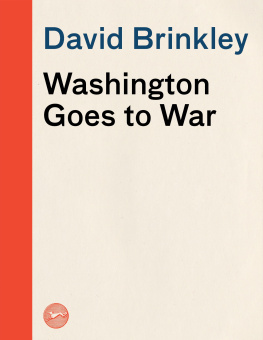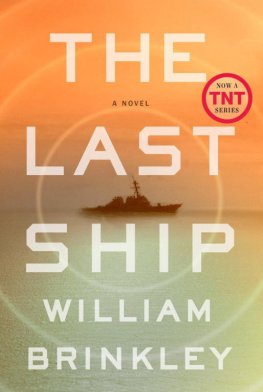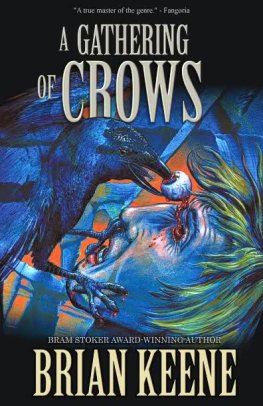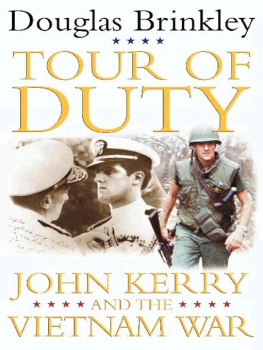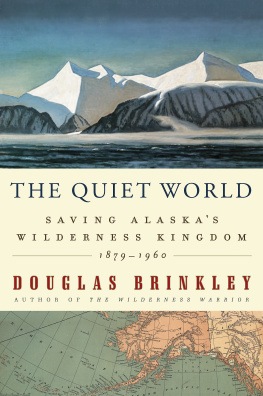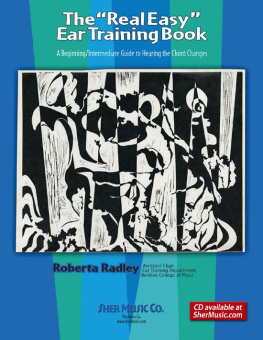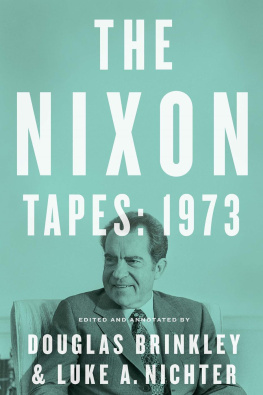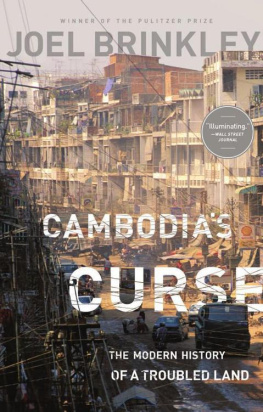David Brinkley - Washington Goes to War
Here you can read online David Brinkley - Washington Goes to War full text of the book (entire story) in english for free. Download pdf and epub, get meaning, cover and reviews about this ebook. year: 2020, publisher: Knopf Doubleday Publishing Group, genre: Politics. Description of the work, (preface) as well as reviews are available. Best literature library LitArk.com created for fans of good reading and offers a wide selection of genres:
Romance novel
Science fiction
Adventure
Detective
Science
History
Home and family
Prose
Art
Politics
Computer
Non-fiction
Religion
Business
Children
Humor
Choose a favorite category and find really read worthwhile books. Enjoy immersion in the world of imagination, feel the emotions of the characters or learn something new for yourself, make an fascinating discovery.
- Book:Washington Goes to War
- Author:
- Publisher:Knopf Doubleday Publishing Group
- Genre:
- Year:2020
- Rating:4 / 5
- Favourites:Add to favourites
- Your mark:
- 80
- 1
- 2
- 3
- 4
- 5
Washington Goes to War: summary, description and annotation
We offer to read an annotation, description, summary or preface (depends on what the author of the book "Washington Goes to War" wrote himself). If you haven't found the necessary information about the book — write in the comments, we will try to find it.
Washington Goes to War — read online for free the complete book (whole text) full work
Below is the text of the book, divided by pages. System saving the place of the last page read, allows you to conveniently read the book "Washington Goes to War" online for free, without having to search again every time where you left off. Put a bookmark, and you can go to the page where you finished reading at any time.
Font size:
Interval:
Bookmark:
Washingtons agencies and offices produced the weapons and the uniformed men and women to fight and win World War II. They also produced monumental accumulations of paper, much of which has remained stored and largely untouched since the war ended. Nearly eight years ago, Charles Curtis began researching and organizing this material, looking for records of what happened out of the public eye in Washington during the war years. For a part of this time Clifford Sloan also joined in the paper search. The two of them have since gone on to pursue legal careers and may now see this work as less important than what they have done since, but to me it was invaluable. This book could not have been written without them.
Others helped with the interviews and research on a subject so large, so sweeping as to make their assistance indispensable. Mark Powden unraveled the complexities of a number of events in the bureaucracy of wartime Washington. Jonathan Alter conducted with great skill a number of the interviews. Further, I am grateful to Peter Fitzsimmons, Lisa Conniff, Charles Bloche, David Goldberg and James Ralph for their assistance in various stages of the work.
Robert Gottlieb and Ashbel Green of Alfred A. Knopf were extremely supportive and generous with their advice and encouragement, as was Irving Lazar.
Further, I offer my thanks to the splendidly helpful staffs at the National Archives, the Library of Congress Manuscript Division, Washingtons Columbia Historical Society, the Washingtoniana Room in the Martin Luther King Library of the D.C. Public Library and the Franklin D. Roosevelt Library in Hyde Park, N.Y.
And foremost, to my son, Alan Brinkley, professor of history. He directed the research, often calling on the aid of his students at Harvard. And, far more than that, he helped organize and plan these chapters and saved me from numerous errors. If any remain, they are mine, not his. To Alan, my deepest thanks.
A NOTE ABOUT THE AUTHOR
David Brinkley was born in Wilmington, N.C., in 1920 and educated at the University of North Carolina and Vanderbilt University. His career as a disseminator and interpreter of the news began earlywhile still in high school he wrote for his hometown paper, the Wilmington Morning Star. After his army service in World War II he worked for United Press and then joined NBC News, becoming White House correspondent before the end of the war. In 1956 he and Chet Huntley launched their celebrated news program The Huntley-Brinkley Report, which during its fourteen years won them every major broadcasting award. He then became co-anchor (with John Chancellor), and subsequently commentator, on NBC Nightly News, and since 1981 has conducted his own program of news commentary and interviews, This Week with David Brinkley, on Sunday mornings. He has been the recipient of ten Emmy Awards, and three George Foster Peabody Awards, the most recent of which, in 1987, was for his current program. He lives with his wife, Susan, in Washington, D.C.
Much of what I recount in this book is based on my own memories of wartime Washington. But I have relied as well on interviews with others; on various archives and manuscript collections; and on a range of published sources.
Particularly helpful were the reminiscences of a number of men and women who lived in Washington during the war and were kind enough to agree to share their thoughts about those years with me. They include: Ellen Beckman, one of the first Waves; Herbert Blunck, the manager of the new Statler Hotel; Sherman Briscoe, one of the few black employees of the Department of Agriculture; Mrs. Richard Coe, a writer for the Washington Post and various womens magazines; the Reverend Clarence Crawford, pastor of a Baptist church; Olivia Davis, who owned the Merryland Night Club; Alan Dickey, an architect on the Pentagon project; Ymelda Dixon, who (with her husband George Dixon, the newspaper columnist) chronicled and participated in the wartime party frenzy; William Donohoe, a Pentagon public information officer at the time of Pearl Harbor; Mrs. Henry Grattan Doyle, a personnel officer in the Treasury Department who helped the frightened and bewildered girls who came to Washington to work; John Kenneth Galbraith, who was director of price controls in OPA during the war; Mrs. Mibray German, a public school teacher; David Ginsburg, general counsel to the OPA and a friend of Leon Henderson; Gilbert Hahn, of an old Washington merchant family, whose stores sold rationed shoes; Colonel West Hamilton, one of the few high-ranking black officers in the World War II army; Loraine Inman, a government girl manning an army typewriter; Professor Elmer Kaiser of George Washington University, an adviser to the navy on maritime history; Sam Jack Kaufman, conductor of the pit band for the Capitol Theater stage shows; Pat King, a member of the staff of the British embassy; William Lind, a G.I. stationed in Washington during the war, later a member of the staff of the National Archives; C. J. Mack, manager of the Mayflower Hotel; Harry McAlpin, a black journalist and government official; Leila McKnight, who worked on the Board of Economic Warfare; Hope Ridings Miller, society columnist for the Washington Post; Clarence Mitchell, of the NAACP; James Nabrit, of the Howard University Law School; Dr. Harold Pinkett, an archivist and an expert on the history of the Washington black community; James Powell, a member of the District of Columbia police force; Paul Scott Rankin, a member of the staff of the British embassy; Joseph L. Rauh, Jr., a New Deal lawyer who wrote the presidential order establishing the FEPC; Reginald Redmond, a bellman at the Mayflower Hotel; Edward Reese, an employee of the Pentagon during the war; Vivian Ronca, who lived in the Wave barracks on Nebraska Avenue; Thomas Saltz, of Lewis & Thomas Saltz, mens clothiers; Alfred Edgar Smith, Harry Hopkinss Negro adviser and a columnist for the Chicago Defender; William Traxler, a bellman at the Sheraton-Carlton Hotel; Frank Waldrop, editorial page editor of the Washington Times-Herald; Mary Warfield, a Washington housewife left alone in the city with her children while her husband served in the army; Paul Young, owner of the Connecticut Avenue restaurant that once bore his name.
Records in the National Archives of the following agencies and organizations were also useful: the Office of Price Administration (Record Group 188), the Office of Civilian Defense (171), the Office for Emergency Management (214), the War Production Board (179), the National Capital Planning Commission (328), the Alley Dwelling Authority (302), the Department of State (59), the National War College Library (334), the Fair Employment Practices Commission (228), the District of Columbia Government (351), the Army Services Decimal Files (328), the Office of Public Buildings and Grounds (42).
A great variety of collections at the Franklin D. Roosevelt Library in Hyde Park contain material relating to the impact of the war on life in bureaucratic Washington as well as to the social climate of the city. I have made use of material from the presidential papers themselves as well as from the collections of Adolph A. Berle, Frederic A. Delano, the Democratic National Committee, Stephen T. Early, Leon Henderson, Harry Hopkins, and Samuel I. Rosenman. Also of value are the following collections in the Manuscripts Division of the Library of Congress: Raymond Clapper, Tom Connally, Joseph E. Davies, Elmer Davis, Felix Frankfurter, William Hassett, Harold Ickes, James Landis, Evalyn Walsh McLean, Eugene Meyer. Important material on the Washington black community is available in the Moorland-Spingarn Research Collection at Howard University; among the relevant collections are those of Marian Anderson, Charles Burch, Jeannette Carter, Thomas Clark, Charles Drew, Edwin Henderson, Howard University, Charlotte Hubbard, Campbell Johnson, Pauli Murray, the Promethean Collection, the Civil Rights Documentation Oral History Project. An extensive and valuable collection of newspaper clippings is available in the Washingtoniana Room of the Martin Luther King Memorial Library.
Font size:
Interval:
Bookmark:
Similar books «Washington Goes to War»
Look at similar books to Washington Goes to War. We have selected literature similar in name and meaning in the hope of providing readers with more options to find new, interesting, not yet read works.
Discussion, reviews of the book Washington Goes to War and just readers' own opinions. Leave your comments, write what you think about the work, its meaning or the main characters. Specify what exactly you liked and what you didn't like, and why you think so.

